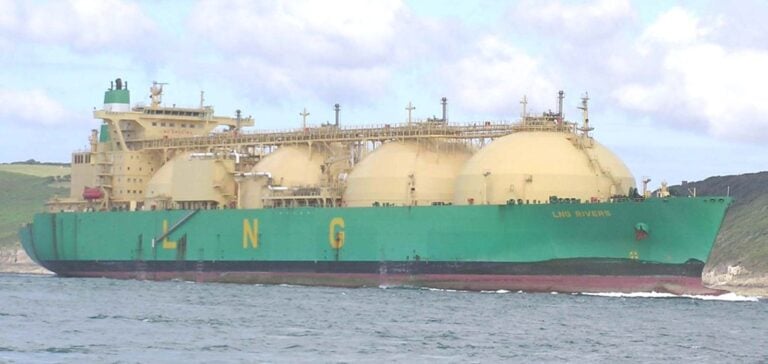Gas demand in Spain surged in early December, averaging 40 million cubic meters per day between December 1 and 4, compared to 25 million in November. This figure far exceeds the 19.4 million recorded during the same period in December 2023. The increase is attributed to weak renewable production, especially in wind power, and lower-than-average temperatures forecast for the second week of December.
Wind power generation in Spain is expected to rise, from 10 GWh on December 6 to 15 GWh by December 9. However, gas demand is likely to remain high as temperatures are projected to drop 3°C below the five-year average, according to CustomWeather.
Increased reliance on imports and storage
In this challenging context, Spain has turned to increased gas imports from France and higher storage withdrawals. French net exports to Spain via the Pyrenees interconnection point quadrupled at the start of December, averaging 5.84 million cubic meters per day compared to a November average of 1.46 million. This marks a reversal from December 2023, when Spain was a net exporter to France, averaging 0.7 million cubic meters per day.
Simultaneously, storage withdrawals in Spain reached 97 GWh per day between December 1 and 4, 17% higher than in November and 7% above the previous year’s level, according to Gas Infrastructure Europe.
Competition in the LNG market
Spain faces increased competition to attract liquefied natural gas (LNG) cargoes. Spanish gas prices closely followed those in Northwest Europe. The Spanish January futures contract was priced at a discount of 80 euro cents/MWh to the Dutch TTF (Title Transfer Facility), a major European benchmark.
Regasification terminals in Spain saw their storage levels drop to 50% of capacity as of December 5, down from 61% at the end of November, according to data from Enagas. This reflects the need to meet local demand while competing with other European markets.
The UK and Italy lead the race
The competition for LNG cargoes between Mediterranean countries and the UK remains intense. The UK, with limited storage capacity and high demand due to persistent cold weather, has maintained attractive prices. British gas storage levels were at 58.91% of capacity on December 4, compared to 73.28% on the same date in 2023.
In December, UK LNG imports reached 350,000 tonnes, with competitive prices compared to Mediterranean countries. Traders indicate that the UK and Italy remain the most favorable destinations for LNG cargoes due to better margins and strong demand.






















